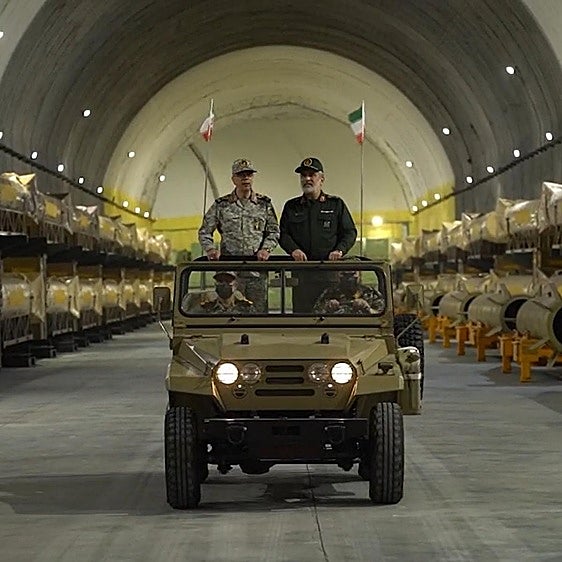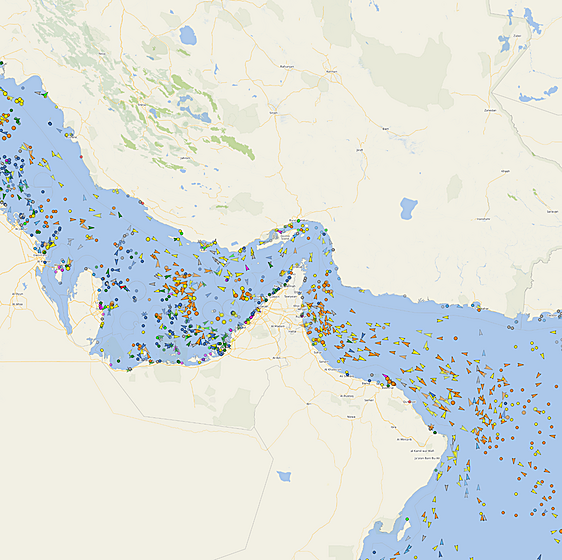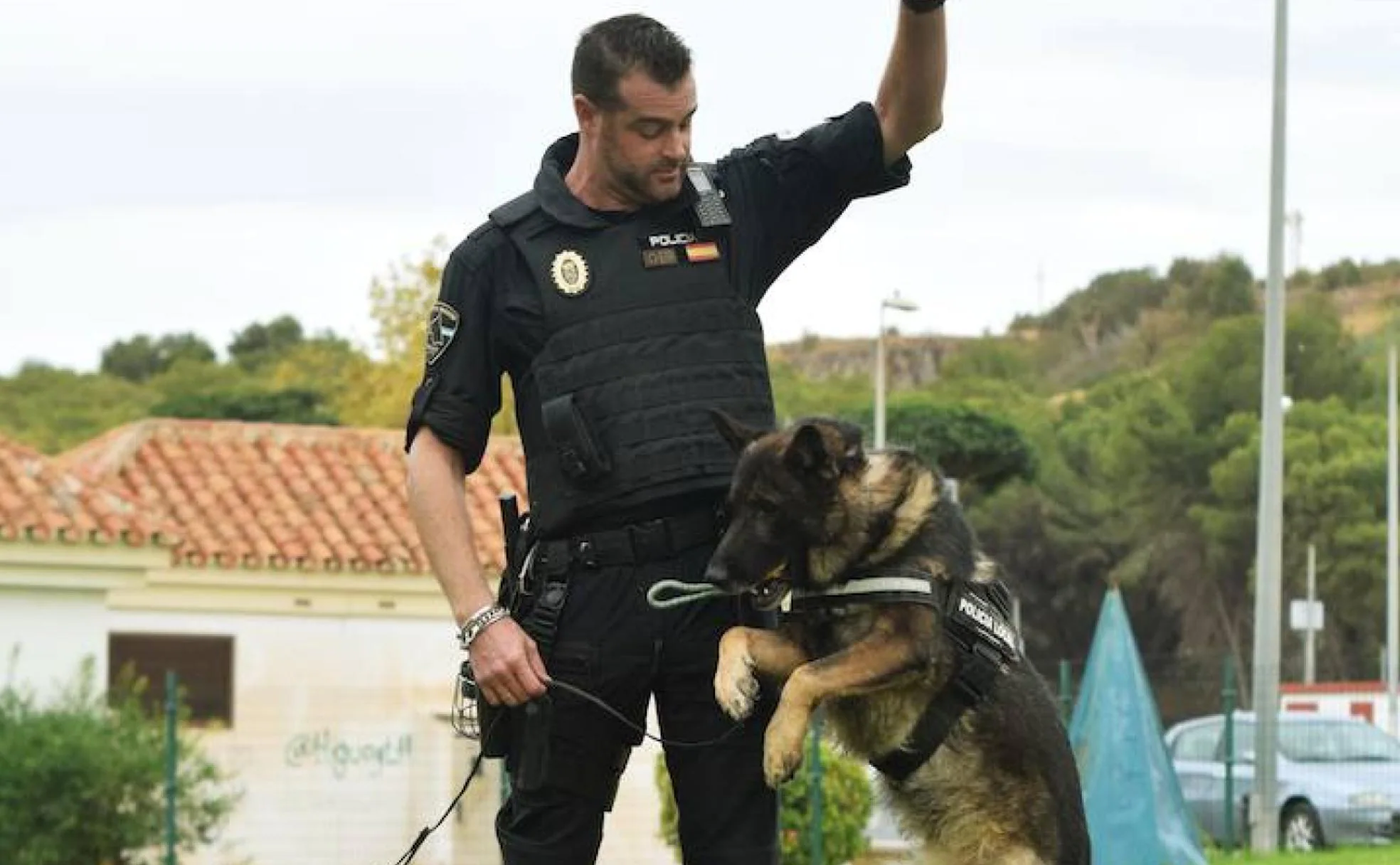The four-legged police officers who train like any other
The first Local Police canine unit in Spain was created in Torremolinos in 1996 and 15 dogs of different breeds are an important part of the force today
Marina Rivas
Thursday, 22 December 2022, 17:41
These days we are all used to seeing police officers patrolling the streets with their dogs, although in reality they do not belong to them nor are they normal dogs. In fact these canines are recognised as police officers in their own right: they work for the police force, they train and they have to pass tests before being accepted.
It may be a common sight nowadays, but it is only 26 years since the first canine unit for a Local Police force was formed in Spain, and it was in Torremolinos (1996), when Pedro Fernández was mayor.
It was Fernández who contacted Andrés Moreno, who is still the Local Police dog trainer today, a civilian who has always had a gift for handling animals, especially dogs.
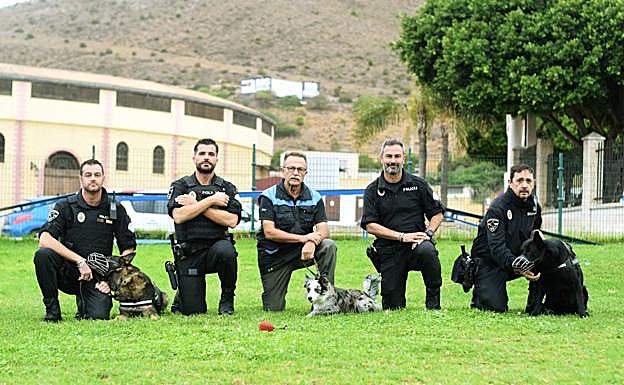
Zoom

What he does is essential, because he helps to select suitable dogs to work with the police force and then trains them. And, you may ask, where do these dogs come from?
“We basically take them from two places: one is IGP sport, a branch of the military which specialises in discipline, tracking and protection, which I work with, and the other is animal welfare societies, dogs which are up for adoption. I go there, I look, and if I see any that I consider suitable I bring them to the unit,” Moreno explains. Suitable dogs can be male or female and the breed is unimportant: there are German and Belgian shepherds, labradors, water dogs, border collies and more.
Of course, before acquiring their ‘badges’ they go through a training process so they can successfully carry out their future duties.
Police dogs are normally used for two purposes: “First, they can detect as many as 16 narcotic substances, and secondly we use them for patrols and security. We walk with them through conflictive areas or districts and through the town centre, because it makes people feel more secure. The dogs provide a sense of safety,” says Álvaro Díaz, one of the officers who works with the police dogs.
Emotional link
Many dogs have worked with this police unit in the past 26 years; at present there are 15 of them. All the police officers in this unit are animal lovers, and they undergo special training to work with their canine colleagues. As well as teaching and patrolling with the dogs, they look after them as if they were their own, brushing them, feeding them and taking them home to live as part of their own families.
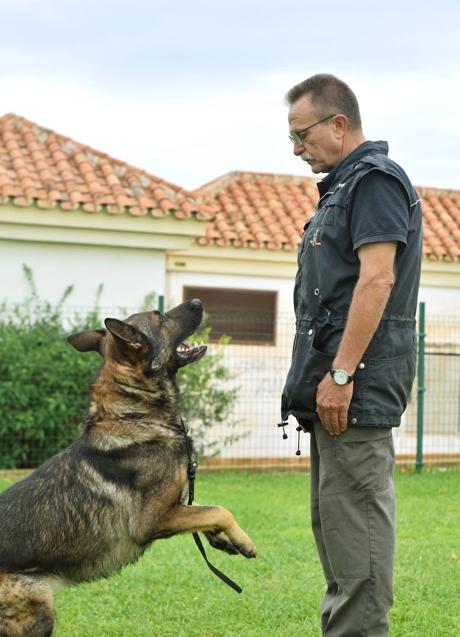
It is strange, because in a family home these dogs seem like any other pet, but at work they are highly focused:they detect drugs, warn their human handlers that something is wrong and even bring a suspect down if necessary. But they understand their work as a game that they want to win.
Álvaro Díaz explains: “Andrés shows us how to train them so their work seems like a game. We give them a ball or a roller that we impregnate with a ‘pseudo’ substance that smells like a drug. Once they learn to distinguish it we hide the toy in cars, glove compartments, bags or houses, for example, and the dog searches for its toy. It is a game it loves to play with us” he says.
They are the best colleagues anyone could ask for, even if they sometimes require more time and effort than most. And canine officers never really retire. Even when no longer on active duty, they take part in demonstrations and exhibitions. A dog really is for life.
